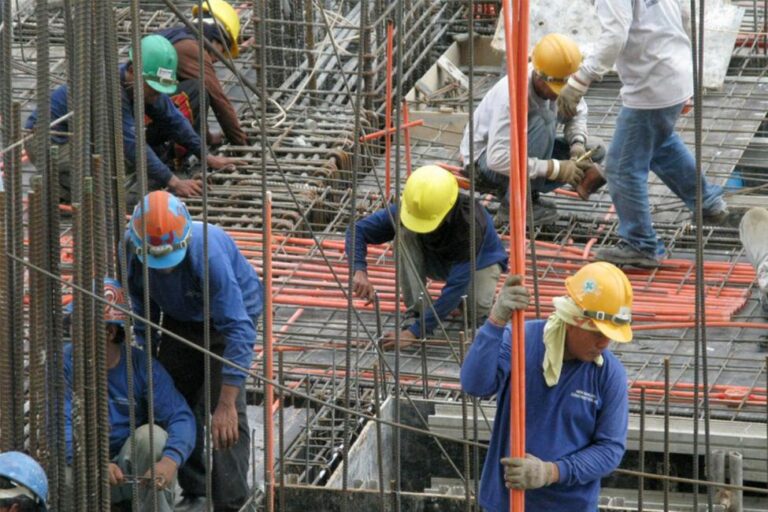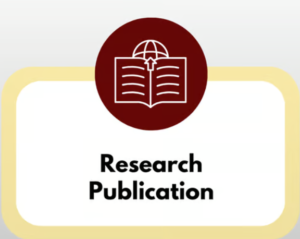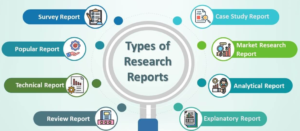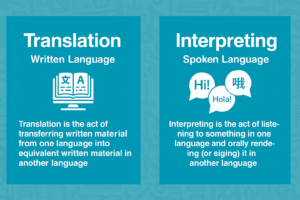The Research Clerk Agency are conducting research on migrant workers by facilitating various activities to gather data, analyze trends, and advocate for their rights and well-being. Here’s how such we could work for your context of migrant workers research:
Data Collection and Analysis: Research clerk agency is working to collect data on migrant workers, including their demographics, employment conditions, wages, living standards, and access to social services. They can utilize various methods such as surveys, interviews, and data mining techniques to gather relevant information from migrant workers themselves, as well as from employers, government agencies, and NGOs. This data can then be analyzed to identify trends, challenges, and opportunities for improvement.
Policy Analysis: The Research Clerk conducting research on national and international policies related to migrant workers, including labor laws, immigration regulations, and human rights conventions. Research clerks can analyze the impact of these policies on migrant workers’ rights, protections, and access to justice, and provide recommendations for policy reform and advocacy efforts.
Working Conditions and Labor Rights: Research clerks can investigate working conditions in industries that employ migrant workers, such as agriculture, construction, domestic work, and manufacturing. They can document cases of exploitation, abuse, and discrimination, and assess compliance with labor rights standards and regulations. This research can help raise awareness about the challenges faced by migrant workers and support efforts to improve their working conditions and rights.
Access to Services and Support: The Research Clerk can study migrant workers’ access to essential services such as healthcare, education, housing, and legal assistance. Research clerks can identify barriers to access, including language barriers, discrimination, and lack of documentation, and explore innovative approaches to address these challenges. This research can inform the development of programs and initiatives to improve migrant workers’ access to services and support.
Integration and Social Inclusion: Research clerks can investigate the social integration and inclusion of migrant workers in host communities. They can examine factors influencing integration outcomes, such as language proficiency, cultural awareness, social networks, and employment opportunities. This research can inform policies and programs aimed at promoting social cohesion and harmony between migrant workers and local residents.
Capacity Building and Advocacy: The Research Clerk can provide training and capacity-building workshops for migrant workers, community organizations, and government agencies on issues related to migrant rights, labor laws, and access to services. Research clerks can also engage in advocacy efforts to raise awareness about migrant workers’ rights and mobilize support for policy reforms and initiatives to improve their living and working conditions.
Collaboration and Knowledge Sharing: The Research Clerk will collaborate with other research institutions, NGOs, government agencies, and international organizations working on migrant workers’ issues to share data, resources, and best practices. This collaboration can facilitate a multi-stakeholder approach to addressing the complex challenges faced by migrant workers and promote collective action for positive change.
The Research Clerk Agency can contribute to a better understanding of the issues affecting migrant workers and support efforts to protect their rights, promote their well-being, and facilitate their social and economic integration into host communities.










